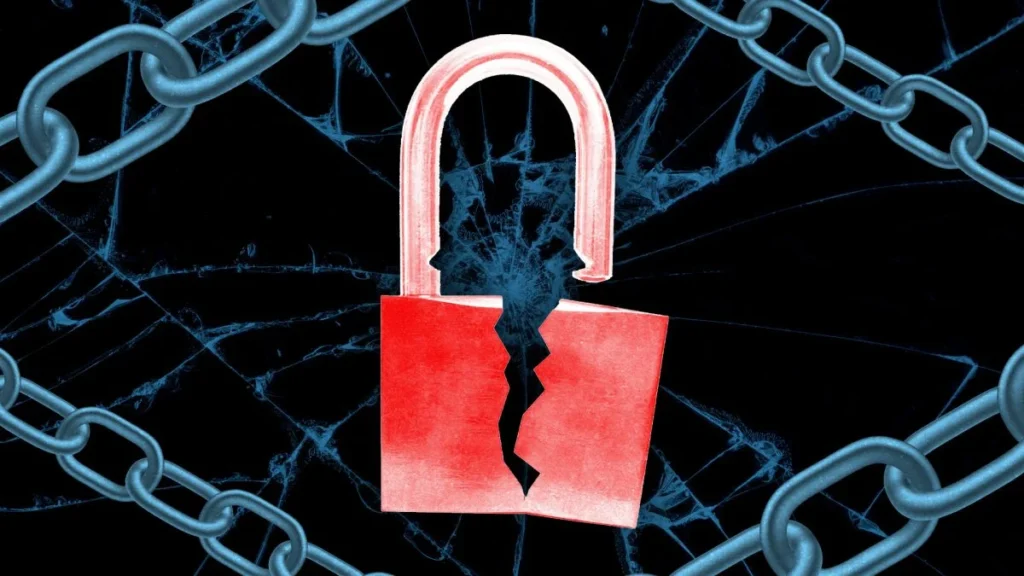Loopring Suffers $5 Million Hack Due to ‘Guardian’ 2FA Compromise

Quick Take:
- Loopring’s Guardian two-factor authentication service was compromised
- Approximately $5 million drained from wallets using Guardian service
- Hack involved bypassing Loopring’s Official Guardian service
- Wallets with multiple guardians or third-party guardians were unaffected
- Loopring temporarily suspends Guardian and 2FA-related operations
- Collaboration with security experts and law enforcement is ongoing
In a significant breach of security, Loopring, the Ethereum-based ZK-rollup protocol, has disclosed a hack that compromised its Guardian two-factor authentication (2FA) service. The hack led to the loss of approximately $5 million from wallets protected by the Guardian service. This incident has raised serious concerns about the robustness of security mechanisms in decentralized finance (DeFi) protocols.
Loopring, which markets itself as providing “Ethereum’s most secure wallet” through its zkEVM protocol, revealed the breach in an announcement on Sunday. The hack targeted Loopring’s Guardian service, a security feature that allows users to appoint trusted individuals or institutions to perform essential security functions, such as locking compromised wallets or restoring access if the seed phrase is lost.
The attacker managed to circumvent Loopring’s Official Guardian service, initiating unauthorized wallet recoveries. This bypass allowed the hacker to access and drain funds from the affected wallets without the users’ consent. According to Loopring, wallets that employed multiple guardians or opted for third-party guardians remained secure and were not affected by this exploit.
Blockchain data analysis identified two wallet addresses involved in the security breach. One of these wallets was able to siphon off approximately $5 million worth of tokens. Loopring responded by temporarily suspending all Guardian and 2FA-related operations to prevent further unauthorized activities.
In a public statement on X, Loopring confirmed its collaboration with Mist security experts to investigate the breach and identify how the 2FA service was compromised. The protocol emphasized that the immediate suspension of Guardian-related operations had halted the ongoing compromise. Despite this swift action, Loopring has not yet provided further comments to the media.
The protocol is also working closely with law enforcement agencies to trace the hacker and has requested assistance from the community. Any individuals with information about the hack are urged to share it with Loopring to aid in the investigation and potential recovery of the stolen funds.
While the attack has undoubtedly been a shock for the Loopring team, their risk disclosure statement had previously identified the Guardian service as a possible vulnerability. The statement advises users to appoint at least three guardians to enhance wallet security. By default, the Loopring Official Guardian service is added to users’ wallets, but the centralized nature of this service makes it susceptible to attacks.
This incident underscores the inherent risks in DeFi platforms, where security is paramount but often vulnerable to sophisticated hacking attempts. Loopring’s Guardian service, while designed to enhance security through additional layers of authentication and trusted guardians, proved to be a double-edged sword. The centralized component of this service became a focal point for the attack, highlighting the need for continuous improvement and diversification of security measures in the DeFi space.
The breach also serves as a reminder to users about the importance of diversifying security protocols. Relying on a single guardian or centralized service can create a significant point of failure. In contrast, employing multiple guardians or utilizing decentralized options can provide an added layer of protection, making it more difficult for attackers to compromise wallets.
Loopring’s immediate response to the breach—suspending Guardian-related services and engaging security experts—demonstrates its commitment to user safety. However, the protocol now faces the challenge of restoring user trust and ensuring that such breaches do not recur in the future. This will likely involve enhancing the robustness of the Guardian service, increasing transparency about security practices, and possibly introducing new features that provide greater control and flexibility to users.
As the investigation continues, the Loopring community and the broader DeFi ecosystem will be watching closely. The outcome of this incident could have significant implications for how security is managed in decentralized platforms. It may prompt other protocols to re-evaluate their security measures and adopt more rigorous safeguards to protect user assets.
In conclusion, the $5 million hack on Loopring’s Guardian service highlights both the potential and the vulnerabilities of advanced security features in the DeFi world. While these features aim to provide higher security levels, they can also become targets for sophisticated attacks. The incident underscores the need for continuous innovation and vigilance in the DeFi space to protect against evolving threats. Loopring’s response and the ongoing investigation will be critical in shaping the future of security practices within the decentralized finance sector.



